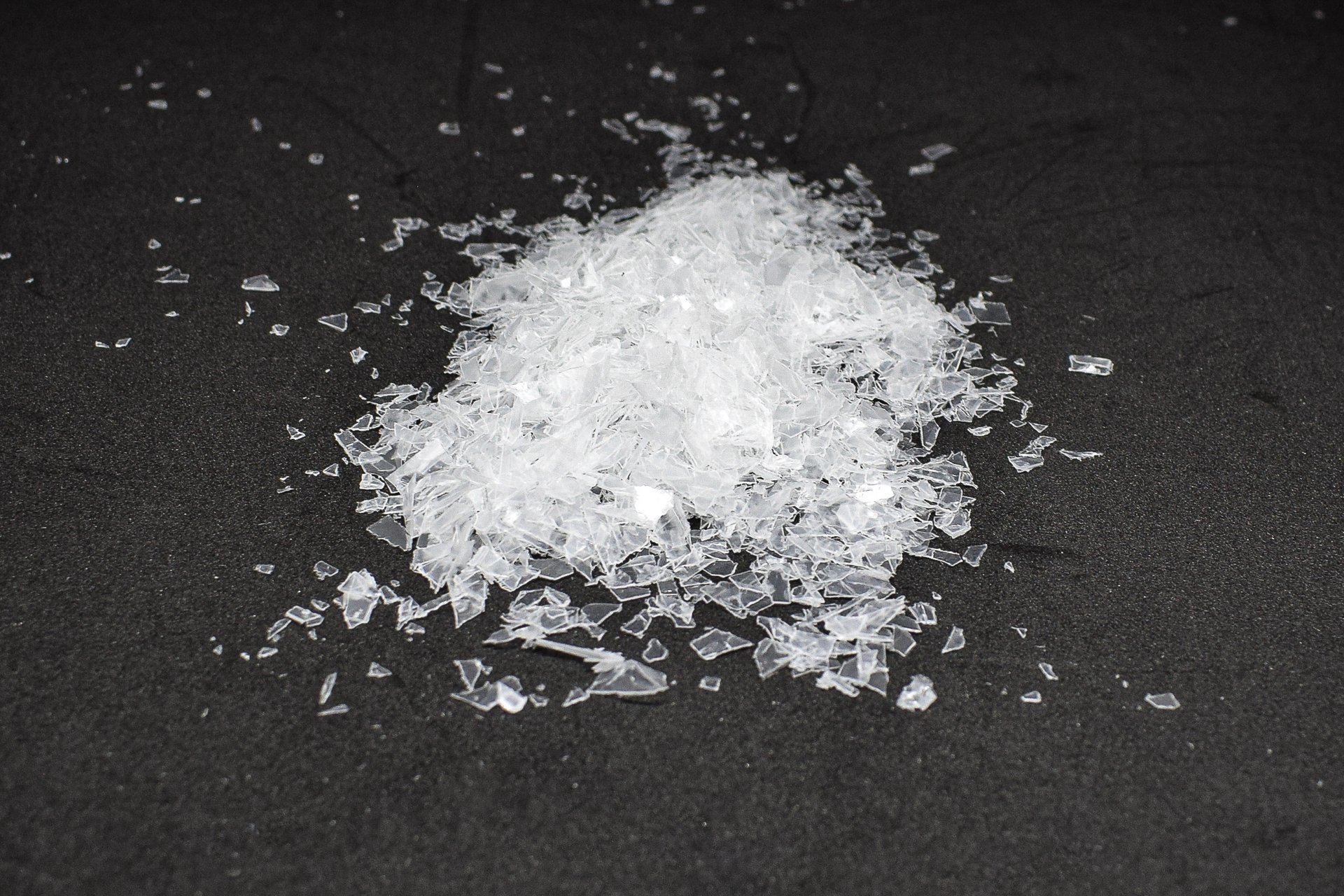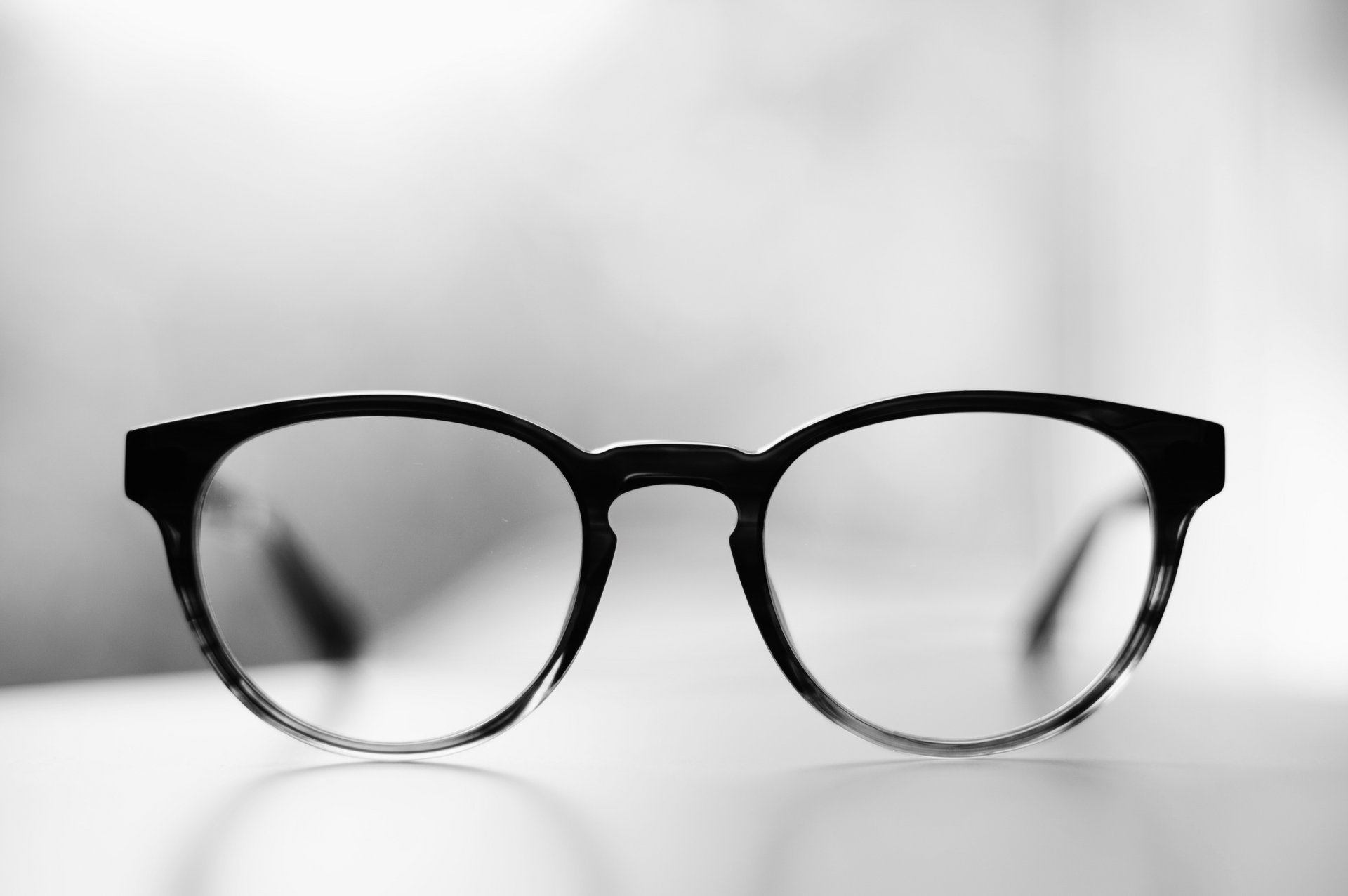Thanks to high collection rates and efficient recycling processes, the majority of PET in circulation can be converted back into the high-quality recycled material rPET. Typically, rPET is then used again for the production of new beverage bottles or textiles. However, the quantity of available rPET now significantly exceeds demand. And this "luxury" problem will become even more acute in the coming years due to the statutory increase in collection and recycling quotas. It is therefore all the more important to open up further fields of application for this locally available material. The interdisciplinary project team consisting of the PCCL (project coordinator), the Institute of Polymer Processing at Montanuniversität Leoben, INO, HARATECH, JOANNEUM RESEARCH Forschungsgesellschaft and NEMETON Innovation has now set itself this task.
The focus of the Recycle4Repair project is on a completely new processing approach for rPET: powder bed-based additive manufacturing (or Powder Bed Fusion – PBF for short). Injection molding or fiber spinning are the usual processing methods for rPET, but additive manufacturing is expected to result in better mechanical properties. This would make it possible to produce durable technical components. Thanks to used beverage bottles, small and medium-sized series could be produced economically, and the ecological footprint could be sustainably reduced. Moreover, the project team is also thinking ahead: the single-material concept and an innovative dyeing process should ensure that the material can be recycled without any restrictions. Possible applications could include spectacle frames or components from the repair sector, i.e. spare parts for household appliances.
Polymer Engineering and Science Leoben contributes technical expertise to material development
Polymer Engineering and Science Leoben – that is the Department of Polymer Engineering and Science and its five chairs together with the PCCL – has been pooling expertise in the field of material development for additive manufacturing for years. The project will therefore also focus on this. A particular challenge will be that rPET is only available in granulated form. However, as the name suggests, powder is used in the powder-bed-based 3D printing process. The aim is therefore to develop an rPET powder that meets the quality standard of virgin material.
The Institute of Polymer Processing aims to develop the perfect material for the PBF process in several stages: First, rheological measuring methods will be used to investigate chemical changes that occur due to repeated melting and their influence on the material. In the next step, possible additives are analyzed and how they affect recycling. Promising compounds are processed into test specimens and subjected to mechanical tests.
In the end, a material should be available that is ready for initial test prints on PBF printers.
The FFG is the central national funding organization and strengthens Austria's innovative power. This project is funded by the FFG. www.ffg.at
Contact:
Institute of Polymer Processing
Dipl.-Ing. Stephan Schuschnigg
stephan.schuschnigg(at)unileoben.ac.at
Polymer Competence Center Leoben GmbH
DI Dr. Michael Berer
michael.berer(at)pccl.at
Project title: Recycle4Repair – Upscaling of rPET using powder bed-based additive manufacturing, lightweight designs & sustainable post-processing
Funding: FFG Key technologies for sustainable production Call for proposals 2023, “Production and materials 2023 national” program
Duration: 01.06.2024 - 31.05.2027
Partners:Polymer Competence Center Leoben GmbH (project coordinator), Lehrstuhl für Kunststoffverarbeitung an der Montanuniversität Leoben, INO GmbH, HARATECH GmbH, JOANNEUM RESEARCH Forschungsgesellschaft mbH, NEMETON Innovation GmbH

![[Translate to English:]](/fileadmin/_processed_/1/c/csm_2024-06_Recycle4Repair__2__1cee14ceb0.jpg)


![[Translate to English:] [Translate to English:]](/fileadmin/shares/kunststofftechnik/images/Logos/FFG_Logo_DE_RGB_1000px.png)